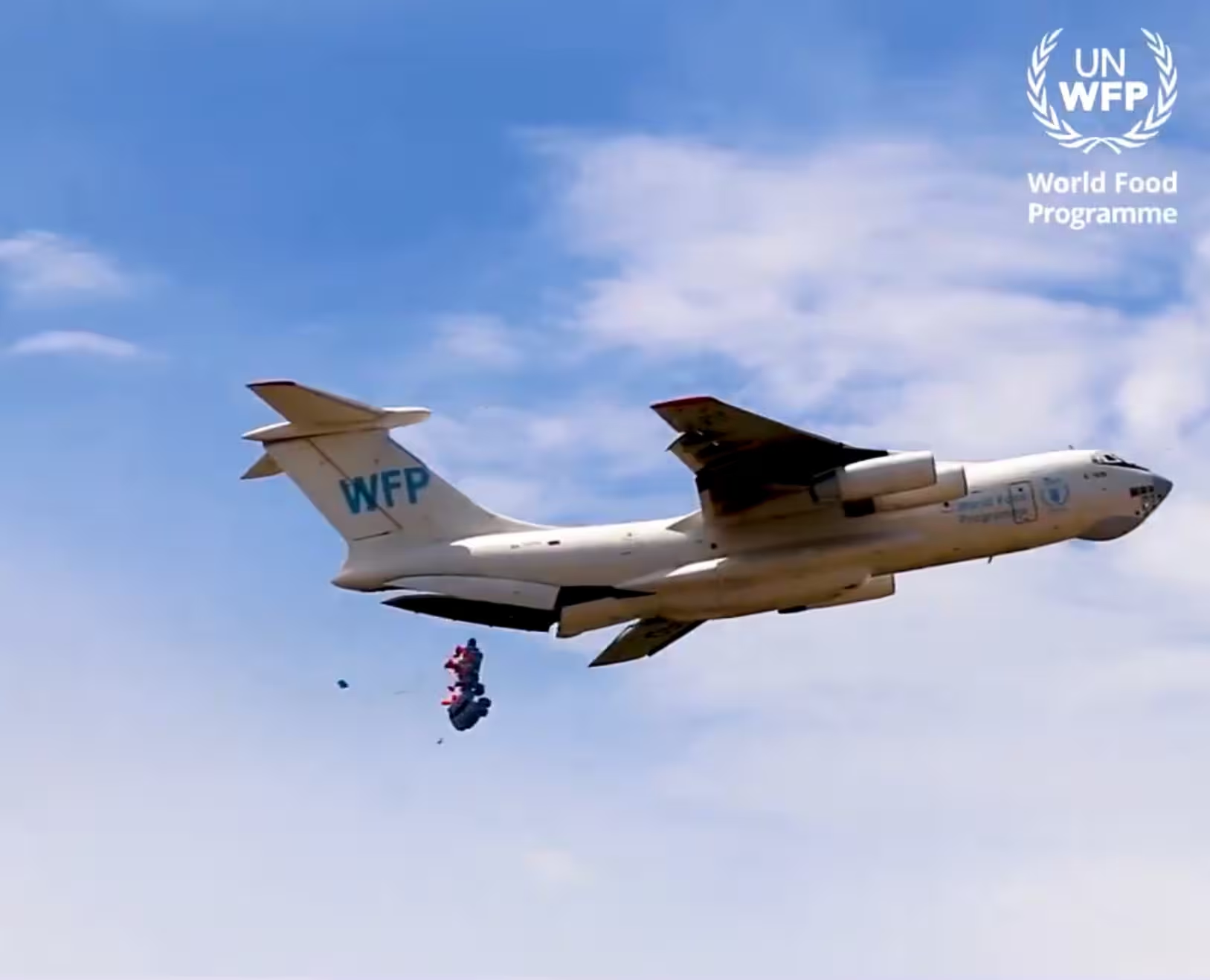The United Nations’ humanitarian air service in Afghanistan, a critical lifeline for the country’s most vulnerable populations, may soon cease operations due to a severe funding shortfall, the World Food Programme (WFP) warned on April 27.

In a statement posted on X, WFP Afghanistan said the UN Humanitarian Air Service (UNHAS) urgently needs $10.5mn to continue its vital operations throughout 2025.
“When roads end, UN Humanitarian Air Service takes over — flying aid workers to the hardest-to-reach places in Afghanistan. Now, flights may stop due to a massive funding shortfall,” the agency stated.
UNHAS flights are indispensable for delivering humanitarian assistance in Afghanistan, especially to remote and conflict-affected regions where ground transport is either limited or too dangerous. The WFP warned that without these flights, emergency aid may struggle to reach isolated communities, making an already dire humanitarian crisis in the country even worse.
In addition to domestic flights within Afghanistan, UNHAS also operates a regional air corridor connecting Afghanistan with neighboring Pakistan and Tajikistan, facilitating both the transport of aid personnel and cargo. The service allows the WFP and other UN agencies to deliver essential aid to vulnerable communities in regions that are otherwise unreachable by land.
The primary mission of UNHAS is to ensure the rapid deployment of humanitarian workers to the front lines of emergencies, from food insecurity to natural disasters, allowing for swift and effective responses to crises. Afghanistan’s ongoing conflicts, economic collapse, and widespread displacement have made it one of the world’s most challenging humanitarian environments, with millions depending on international aid.
The WFP has faced financial challenges in recent months, particularly after the suspension of U.S. aid to the country. Last year, the U.S. provided $4.5bn of the WFP’s total budget of $9.8bn. This funding cut has further strained the agency’s ability to meet the growing needs of the Afghan population.
According to the United Nations Office for the Coordination of Humanitarian Affairs (OCHA), more than 23mn Afghans are currently in need of humanitarian assistance, including food and cash aid to address the widespread hunger caused by crop failures, conflict, and climate change.
The situation is further exacerbated by the return of approximately 5,000 migrants each week, worsening poverty, homelessness, and humanitarian conditions across the country. The International Committee of the Red Cross (ICRC) has also raised concerns about the deteriorating conditions faced by Afghan civilians.
Follow Daryo's official Instagram and Twitter pages to keep current on world news.
Comments (0)